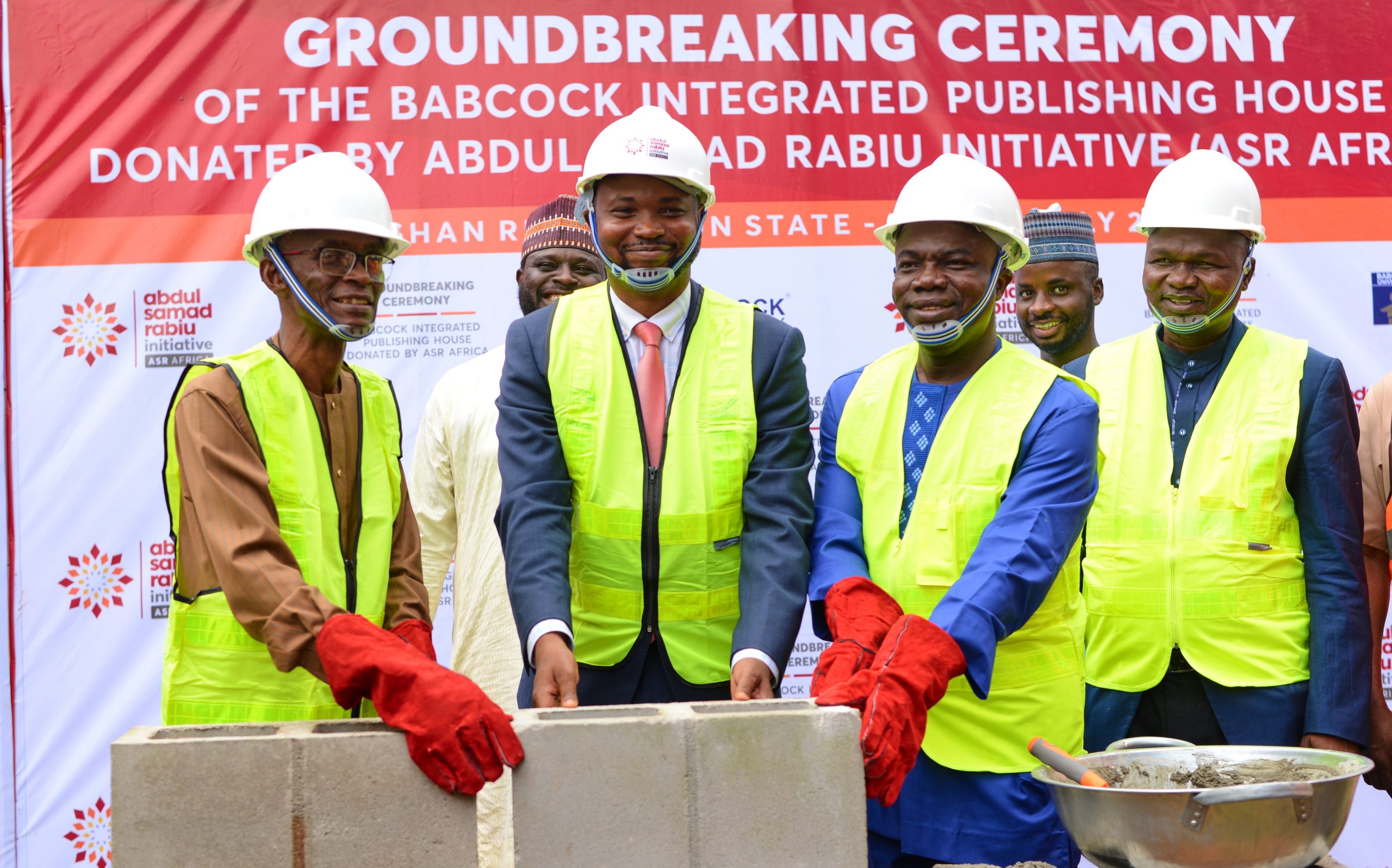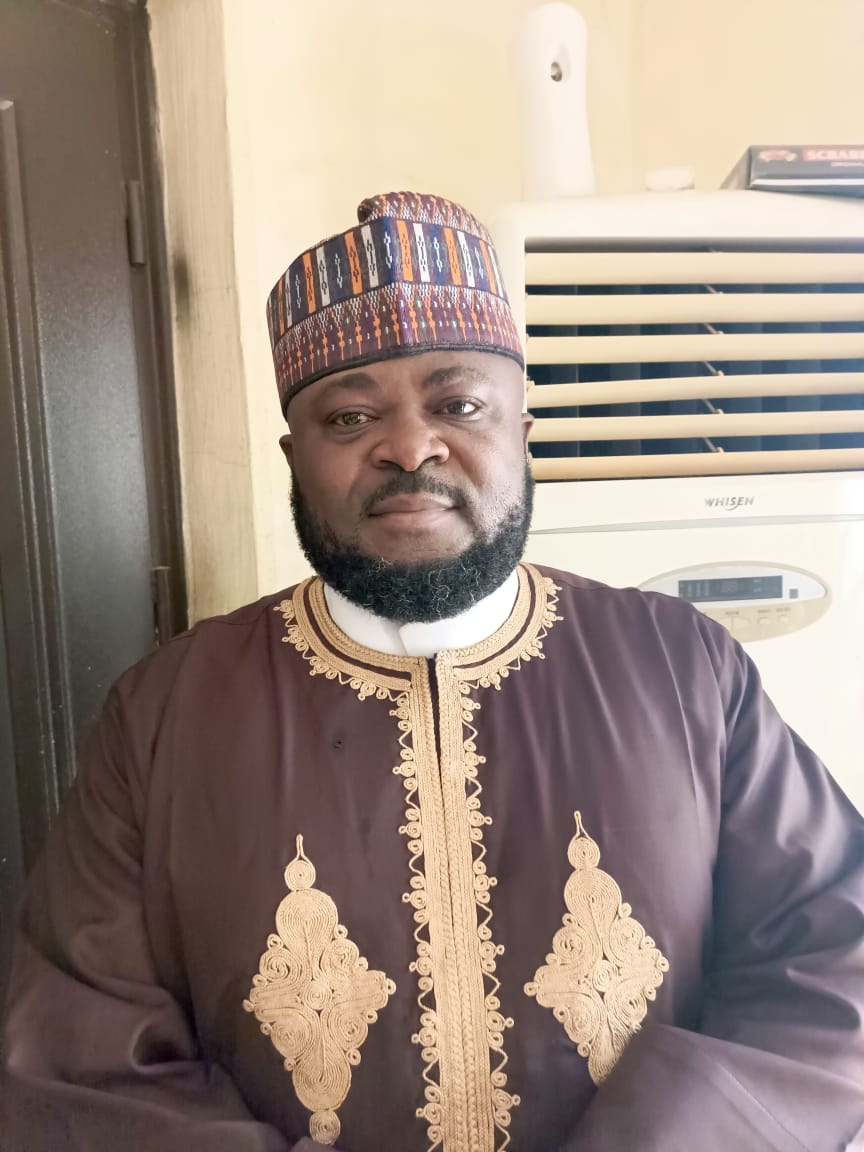HOW MORTGAGES WORK IN NIGERIA by Dennis Isong
Sahara Weekly Reports That Mortgages play a pivotal role in the real estate sector, allowing individuals and families to own homes without the need for substantial upfront payments. In Nigeria, as in many countries, mortgages are a common means of financing homeownership. This article aims to provide a comprehensive overview of how mortgages work in Nigeria, covering the key aspects, processes, and considerations.

1. Types of Mortgages in Nigeria
In Nigeria, there are various types of mortgages available to suit different needs and financial situations. The most common types include:
a. Home Purchase Mortgage: This is the traditional form of mortgage used for buying a new home or property.
b. Home Equity Release Mortgage: This allows homeowners to access the equity in their property to meet other financial needs.
c. Construction Mortgage: Designed for those building their homes, this type of mortgage provides funds in stages during construction.
d. Refinancing Mortgage: Allows homeowners to replace an existing mortgage with a new one, often with better terms.
2. Mortgage Providers
Mortgages in Nigeria are typically provided by banks, mortgage banks, and other financial institutions. Some of the well-known mortgage banks in Nigeria include the Federal Mortgage Bank of Nigeria (FMBN), which focuses on affordable housing, and commercial banks like Zenith Bank, First Bank, and GTBank.
3. Eligibility Criteria
To qualify for a mortgage in Nigeria, individuals must meet certain eligibility criteria, which may include:
– Proof of regular income
– Good credit history
– Down payment capability
– Legal age (usually 18 years or older)
– Nigerian citizenship or legal residency
4. The Mortgage Application Process
The mortgage application process in Nigeria involves several steps:
a. Prequalification: Potential borrowers assess their financial status, calculate affordability, and choose a suitable mortgage type.
b. Documentation: Applicants provide necessary documents such as proof of income, identification, and property details.
c. Property Valuation: The lender evaluates the property’s value to determine the loan amount.
d. Credit Assessment: Lenders assess the borrower’s creditworthiness by reviewing credit reports and history.
e. Approval and Disbursement: Upon approval, the mortgage is disbursed, and the borrower takes ownership of the property.
5. Mortgage Terms and Conditions
Mortgages in Nigeria typically have terms ranging from 10 to 25 years. Interest rates can be fixed or variable, and the repayment structure can be monthly, quarterly, or annually.
6. Mortgage Insurance
Mortgage insurance is often required, especially for mortgages with smaller down payments. This insurance protects the lender in case the borrower defaults on the loan.
7. Repayment and Default
Borrowers must make regular payments to avoid default. Defaulting on a mortgage can result in the lender repossessing the property, so it’s essential to honor the repayment schedule.
8. Government Initiatives
The Nigerian government has introduced several initiatives to promote affordable housing and increase access to mortgages. The FMBN, for instance, offers the National Housing Fund (NHF) scheme, which provides affordable mortgage loans to contributors.
9. Tax Implications
It’s important for prospective homeowners in Nigeria to be aware of the tax implications associated with mortgages. Mortgage interest paid on a primary residence is often eligible for tax deductions, which can help reduce the overall cost of homeownership. Tax laws and regulations may vary, so consulting with a tax professional is advisable.
10. Benefits of Mortgages in Nigeria
Owning a home through a mortgage in Nigeria offers several advantages:
a. Asset Appreciation: Real estate in Nigeria generally appreciates over time, potentially increasing the value of your investment.
b. Forced Savings: Paying a mortgage every month encourages disciplined saving, as a portion of each payment goes toward building home equity.
c. Housing Security: Homeownership provides stability and security for you and your family.
d. Investment Opportunity: Owning property can open doors to real estate investment and rental income.
e. Access to Government Schemes: Many government initiatives and incentives are designed to make homeownership more accessible, particularly for low and middle-income earners.
11. Challenges and Risks
While mortgages offer numerous benefits, they also come with potential challenges and risks:
a. Interest Rate Fluctuations: Variable interest rates can lead to fluctuations in monthly payments, impacting borrowers’ budgets.
b. Economic Factors: Economic downturns can affect borrowers’ ability to make mortgage payments, leading to defaults.
c. Property Market Volatility: Real estate markets can be unpredictable, potentially affecting property values.
d. Legal and Documentation Complexities: Navigating the legal and documentation requirements of mortgages can be complex and time-consuming.
e. Default Consequences: Defaulting on a mortgage can result in foreclosure and the loss of the property.
12. Expert Advice
Before embarking on the mortgage application process in Nigeria, it’s advisable to seek expert advice. Consult with financial advisors, real estate professionals, and legal experts to ensure you make informed decisions that align with your financial goals and circumstances.
Dennis Isong is a TOP REALTOR IN LAGOS.He Helps Nigerians in Diaspora to Own Property In Lagos Nigeria STRESS-FREE. For Questions WhatsApp/Call 2348164741041

 Business6 months ago
Business6 months ago
 Business6 months ago
Business6 months ago
 celebrity radar - gossips6 months ago
celebrity radar - gossips6 months ago
 celebrity radar - gossips6 months ago
celebrity radar - gossips6 months ago


















